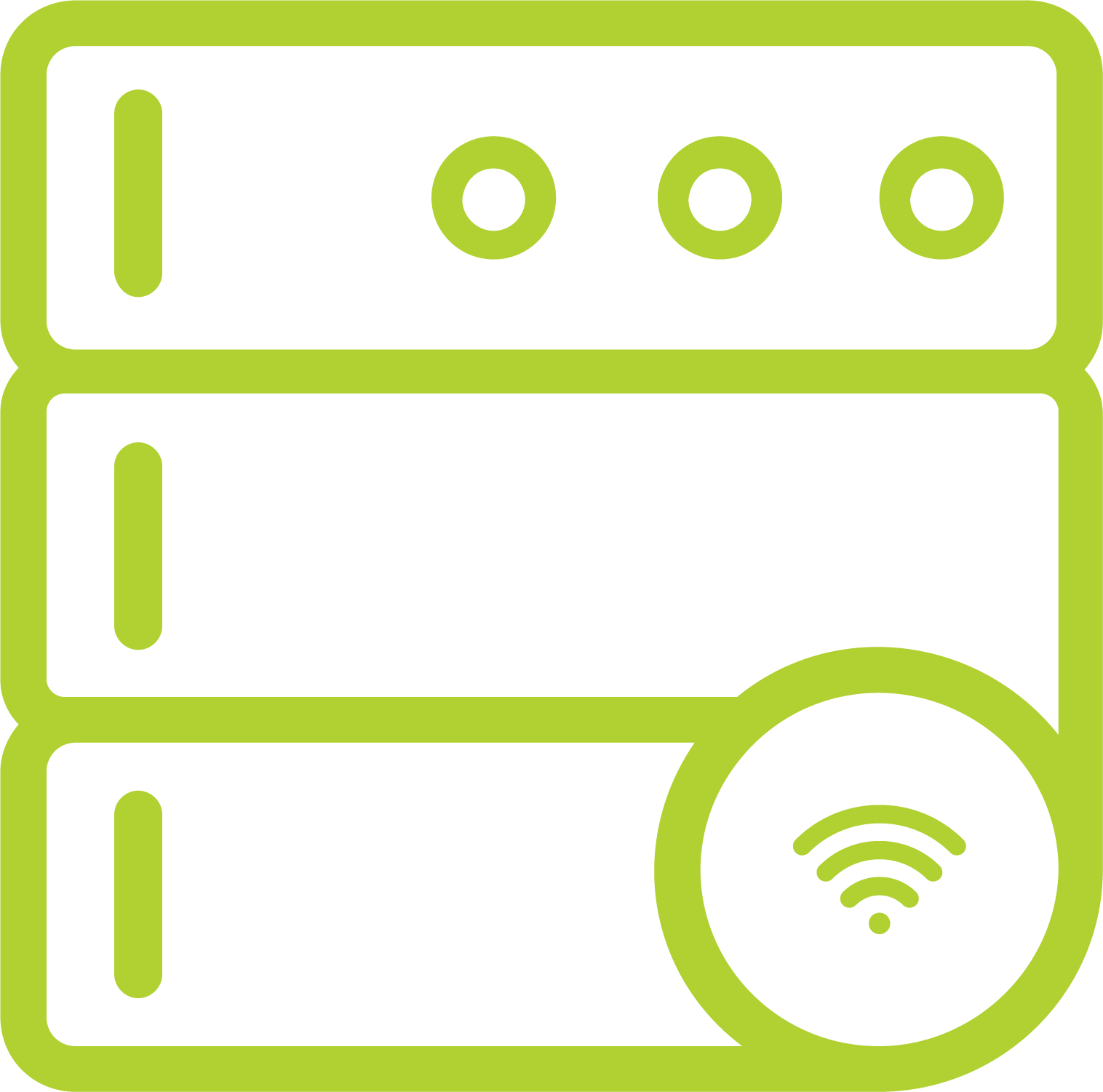Securing Multi-Dwelling Unit Internet Data Flow Through Strong Encryption Protocols for Protect User Confidentiality and Data Accuracy
Securing Multi-Dwelling Unit Internet Data Flow Through Strong Encryption Protocols for Protect User Confidentiality and Data Accuracy
Blog Article
Within today’s digital world, protecting internet data is more important than ever before, especially in Multi-Unit Buildings (MDUs) like flat buildings and condo environments. Such settings often have many tenants utilizing the same web connection, which can result to possible security risks. To ensure that residents' privacy and information security are maintained, it is essential to adopt robust encryption standards. Encryption is a technique that encodes information, making it unreadable to anyone who do not have the appropriate key to decode it. This procedure helps maintain individual information secure from hackers and unapproved users.
One of the widely commonly used coding standards is SSL Socket Layer (SSL) and its replacement, Transport Security (TLS). Such protocols establish a protected connection between a resident's system and the internet, ensuring that all information exchanged remains confidential. When residents in an MDU access sites that employ SSL/TLS, their personal data, including passwords and credit billing numbers, is secured. This means that even when someone attempts to intercept the data, they would merely see a jumble of letters and digits, rendering it nearly impossible to comprehend. By promoting the use of such protocols, MDUs can greatly improve the safety of their tenants' internet actions.
Another important encryption method is Virtual Private Network (VPN) solutions. A VPN creates a secure pathway for web data, which protects individuals from invasive observers, especially when using shared wireless networks. In an MDU, where many residents may connect to the identical network, employing a VPN can help ensure that personal internet actions remain confidential. This is especially important for tasks such as internet banking or retrieving confidential information. By promoting the adoption of VPNs among tenants, MDUs can cultivate a more secure internet space and assist safeguard against information leaks.
In addition to such coding techniques, it read here is essential for MDUs to inform their residents about the importance of cybersecurity. Numerous individuals may not be conscious of the risks associated with using shared web services. Providing resources on how to recognize phishing attempts, the importance of robust passwords, and the advantages of employing encrypted websites can enable residents to take charge of their online safety. Workshops or educational meetings can be effective ways to increase knowledge and encourage optimal habits for internet safety.
Ultimately, MDUs should consider working with internet provider companies (ISPs) that prioritize security and offer advanced coding features. By collaborating with ISPs that implement robust coding standards, MDUs can guarantee that their tenants have access to secure web services. This partnership can lead to improved overall security for the entire building, as well as enhanced trust among tenants. By implementing these measures, MDUs can create a safer internet space, protecting resident privacy and information integrity in an increasingly connected world.